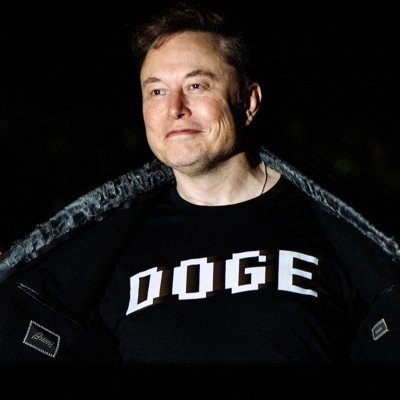While some lawmakers have raised concerns that remaining members of the Department of Government Efficiency have “burrowed in” to their agencies by converting to career roles, all remaining staff affiliated with the cost cutting and modernization entity remain in political appointments.
The Trump administration faced allegations from congressional Democrats—namely Sens. Elizabeth Warren, D-Mass., and Richard Blumenthal, D-Conn., and Rep. Robert Garcia, D-Calif., who serves as the top Democrat on the House Oversight and Government Reform Committee—that it had converted the DOGE staffers to permanent, career roles. Such a change would have meant the employees would be eligible to remain in their jobs indefinitely, rather than leaving at the end of President Trump’s term.
“Although Elon Musk has departed, his influence remains, as DOGE and its employees attempt to become a permanent part of the federal government, scattered across agencies where they can continue to sabotage key functions from within,” the lawmakers said in a letter sent to OPM Director Scott Kupor on Thursday.
No such conversions have occurred, however, according to an OPM spokesperson, who confirmed all officials initially appointed to DOGE roles who remain in government are still in politically appointed positions. Federal agencies have wide latitude to name individuals to political positions without Senate confirmation through “Schedule C” and other non-career appointments.
The ever-controversial practice known as burrowing is legal, but must follow a strict set of procedures to ensure political appointees are qualified for the career jobs for which they are hired. OPM conducts reviews of all agency appointments of current or former political appointees into competitive service and non-political excepted service jobs prior to their implementation. Prior to 2010, the HR agency only conducted those reviews during presidential election years, but bipartisan resistance to the practice of burrowing in Congress led to the change.
A GAO audit of political appointee burrowing between 2016 and January 2021—covering the end of the Obama administration and the entirety of the first Trump administration—found that OPM denied roughly 20% of burrowing requests. But 23% of conversions were implemented prior to asking OPM’s permission, in contravention of government policy, of which 10 hires were ultimately deemed improper. OPM approved 114 former political appointees for career conversion in that span.
According to the most recently available data, 19 appointees attempted to convert to career roles in the final three-and-a-half months of the Biden administration. OPM approved 11 of those and returned five of them without taking action. Three of the requests were still pending as of earlier this year. In the prior three months, OPM approved 11 conversion requests and denied four.
The lawmakers who sent the letter on Thursday suggested the conversion of DOGE employees to career staff would have marked “overtly political and loyalty-based” actions that raise questions about compliance with civil service laws. While no such conversions have yet happened, the Trump administration has faced widespread allegations of injecting political loyalty requirements into the civil service, loosening protections for career workers, firing career executives for political reasons and increasing political interference.
There is no exact count of DOGE-affiliated employees still employed at agencies throughout government, though dozens are thought to still be working in the Trump administration despite the departure of Elon Musk, its initial leader. Many such employees are heading for the exits, including at the departments of Interior and Labor, as well as the General Services Administration.
In recent congressional testimony, OMB Director Russ Vought made clear he expected that the DOGE will be a permanent fixture in the Trump administration. The vision for the new entity is for it to be “far more institutionalized at the actual agency [level],” he said, suggesting DOGE staffers are now decentralized and embedded throughout government.
“The cabinet agencies that are in charge of the DOGE consultants that work for them are fundamentally in control of DOGE,” Vought said.




